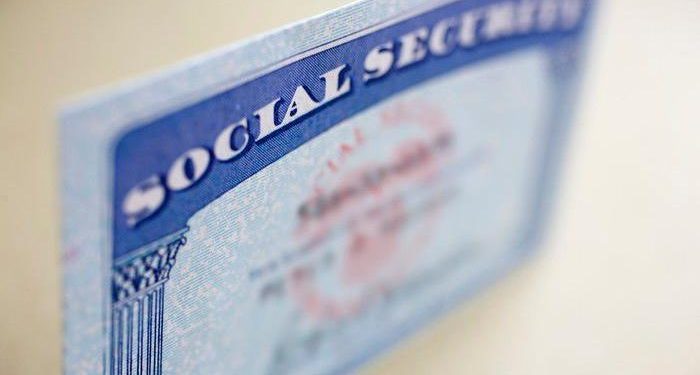The prospect of future Social Security checks may be existing vaguely in the back of your mind, but not paying more attention to Social Security can turn out to be a costly mistake — especially if retirement is around the corner.
Here are some steps you should take in order to make the most of Social Security — in other words, to get the most money from the program. Some are best done a few years before you retire, but others are worth doing right now.
First, here’s something best done as soon as possible: Go to the Social Security Administration (SSA) website and set up a “my Social Security” account. Once you’ve done so, you’ll be able to visit any time and review the SSA’s record of your earnings, year by year, and you’ll also see estimates of your future benefits. That’s important, because it will help you more effectively save and plan for retirement.
While you’re there, it’s worth checking to make sure those SSA records are correct. The SSA itself has noted: “…if an employer did not properly report just one year of your work earnings to us, your future benefit payments from Social Security could be close to $100 per month less than they should be. Over the course of a lifetime, that could cost you tens of thousands of dollars in retirement or other benefits to which you are entitled.”
To help determine how much you can expect to collect, you’ll want to know your “full retirement age” — which you can find out right now. That’s the age at which you qualify to start collecting the full benefits to which you’re entitled. It used to be 65 for everyone, but there have been changes over the years.
Once you know your full retirement age, you can start thinking about when you want to start collecting your Social Security benefits — because you can start as early as age 62 and as late as age 70, and starting early or late will make your checks smaller or bigger, respectively.
For every year beyond your full retirement age that you delay starting to collect benefits, they’ll grow by about 8%. So delay from age 67 to 70, and your benefits will increase by 24%, enough to turn a $2,500 monthly check into a $3,100 one. Remember, though, that starting late means you’ll collect a lot fewer checks than someone who starts early. Indeed, those who live average-length lives will collect about the same total benefits no matter when they start collecting.
Still, there are good reasons to start collecting at 62, such as if you’re not in good health or simply need the money, and good reasons to delay until age 70, such as if your family tends to live extra-long lives and you want to keep working until age 70.
It’s also smart, if you’re married, to coordinate with your spouse regarding when each of you will start collecting benefits. You might both want to start early, as you’ll be collecting two checks, but remember that when one of you dies, the other will only get one check — the larger of the two. So it can make sense for the higher earner to delay as long as possible, to maximize that check.
Finally, know that there are a few more ways that you can increase your Social Security benefits, beyond delaying starting to collect them. For example, you can make sure you work at least 35 years, because the SSA bases your benefits on your earnings in the 35 years in which you earned the most (adjusted for inflation). Stopping after working, say, 31 years means that four zeros enter into the formula. If you have worked 35 years but are now earning a lot more than you have before, on an inflation-adjusted basis, you can probably beef up your benefits by working for another year or few years, because each high-earning year will kick out a low-earnings year.
Social Security checks make up about a third of the income of elderly Americans — and without it millions of us would end up in poverty. Take some time to learn more about Social Security so that you can make smart decisions regarding it.



